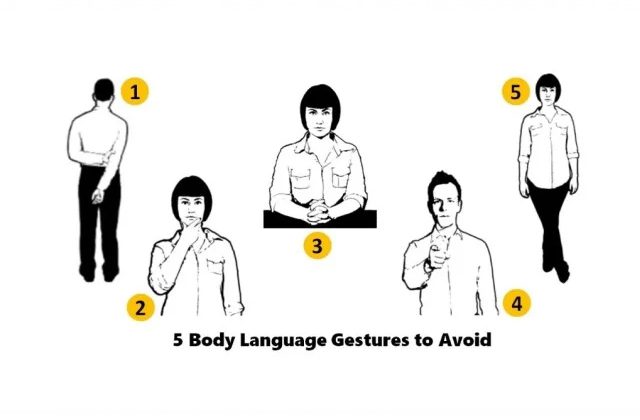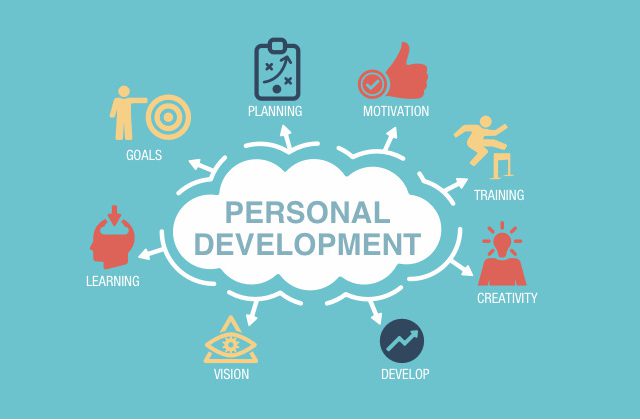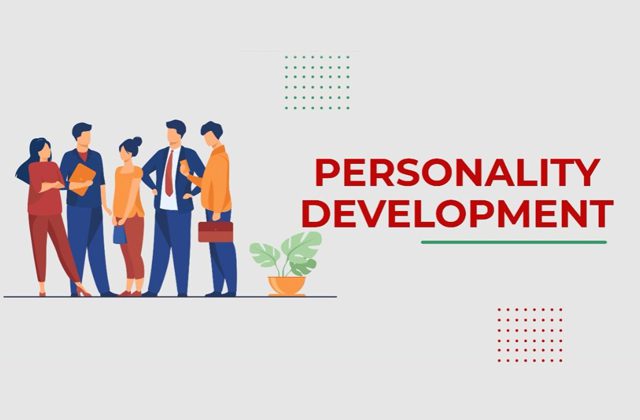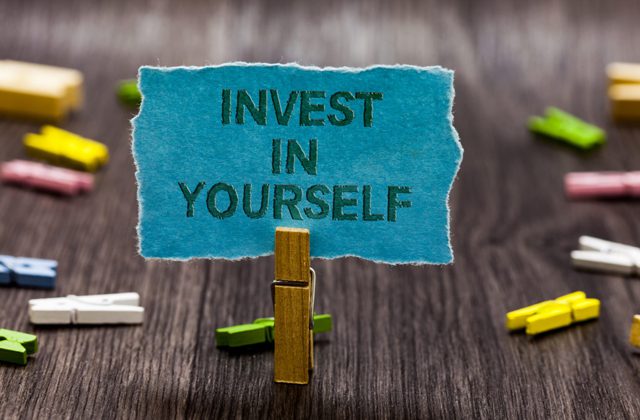Successful business owners know regular goal-setting and planning meetings are essential to maintaining a productive workplace. Managers must set clear objectives, regularly assess them, concentrate on their abilities, and take advantage of chances if they are to meet our goals.
We have developed a list of seven steps to do just that in this article. These techniques will help you condition your brain for success or, at the absolute least, ensure that it isn’t primed for failure by removing any distracting factors.
- Read Something that Inspires You.
To get in a receptive mood, read something inspiring for five minutes. Then, your mind will try to find a method to make those triumphs familiar and typical for you as you read about other people’s successes.
- Write Down What you are Grateful For.
Write a letter of gratitude for no less than ten minutes. Be appreciative of the nice things you already have and the ones you aspire to acquire soon. Happiness and thankfulness, according to psychologists, improve your ability to concentrate and solve issues. So express your thankfulness for what you have.
- Read Out Loud For What you are Grateful.
Spend up to five minutes emphatically reading your message aloud. According to studies, when we read anything aloud, we anchor it in our subconscious, which will aid us in noticing more opportunities to support our claims.
- Visualize Reaching your Goals.
Close your eyes for up to five minutes and visualize yourself accomplishing your goals. What will you be feeling and going through? Who will join you in your celebration? This method is one that Olympic athletes train with. They see themselves making the shot, winning the match, and enjoying the victory with friends and family. See yourself succeeding and achieving your objectives if you want to win.
You’ve now spent 25 to 30 minutes with your inner self setting your objectives and instructing your subconscious mind on what to concentrate on achieving. Go ahead and start your day now. Your subconscious will begin working.
- Follow your Intuition Throughout the Day
Keep an eye out for leads, intuition, directions, and opportunities that will point you toward achieving your goals throughout the day. Have the confidence to follow your heart and instincts, as Steve Jobs advised, even though some of these leads may not make sense.
- Celebrate your Successes.
Share your accomplishments with someone you respect and trust. Your brain’s frontal cortex is activated when you celebrate and are happy, which enables you to perceive more possibilities.
- Let Go of What’s Holding you Back.
Give up anything that might be restraining you inadvertently. For example, vent your anger or resentment toward someone else or yourself. One of the essential traits of successful people may be this. Anything incompatible with the life they desire to live is let go.
Final Words
So, try to use regularly these seven steps to achieve your goals more consistently and pleasurable.









